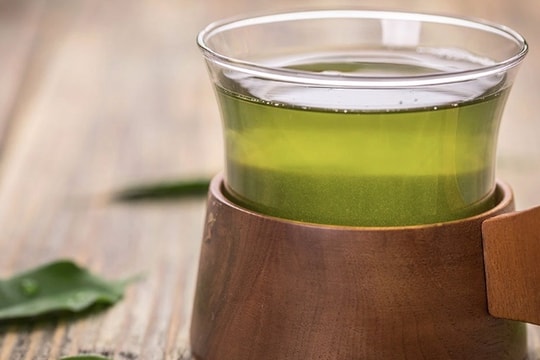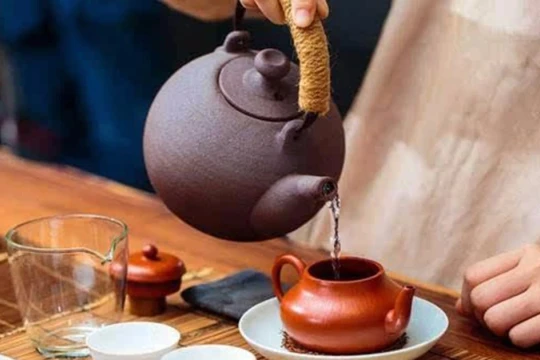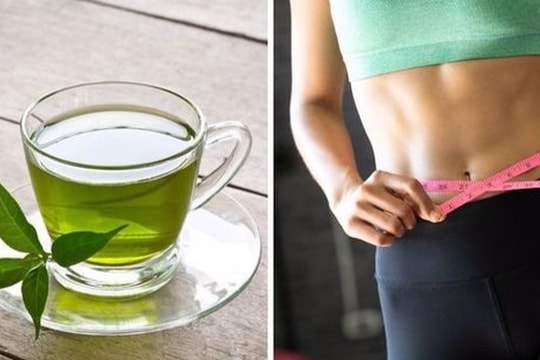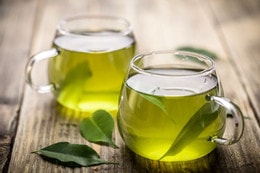The drink that millions of Vietnamese families love during Tet, but who shouldn't use it?
Green tea is a popular drink in Vietnam. It does not provide energy or nutrients, but contains more caffeine than coffee. Nutritionists have pointed out groups of people who should not drink this drink.
Caffeine in tea is higher than in coffee.
Tea contains almost no fat, carbohydrates or protein, so it provides almost no energy or nutrients.
"Tea contains a lot of caffeine. 100g of tea leaves contain 4g of caffeine, while 100g of Arabica coffee beans only have 1.4g of caffeine," said Dr. Nguyen Thi Thu Hau, Head of the Department of Nutrition and Dietetics, Children's Hospital 2, Ho Chi Minh City.
Caffeine is a central nervous system stimulant that increases the synthesis and release of neurotransmitters, thereby increasing alertness, increasing concentration, and reducing fatigue.
However, sensitive people or those taking high doses may experience muscle tremors, hand tremors, difficulty sleeping, headaches, anxiety, and restlessness. Caffeine has a clear effect on the cardiovascular, respiratory, and digestive systems.
According to Dr. Hau,green teahas the highest antioxidant effect compared to some other types of tea (such as black tea, oolong tea). Some minerals and vitamins in green tea increase antioxidant capacity. Vitamin C, vitamin B2, manganese in green tea help prevent cancer, prevent aging, regulate the immune system, and increase resistance. Theanine in green tea has the effect of stimulating relaxation, increasing concentration and creativity.
Who should not drink tea?
Dr. Hau cited information from some scientists that if you use too much tea with high concentration, it can have negative effects. Caffeine in tea can reduce the amount of calcium absorbed in the intestine and reduce calcium reabsorption in the kidney tubules, causing osteoporosis. Tannin in tea reduces iron absorption, so it can easily cause anemia.
"Drinking too much tea can cause iron deficiency in the body, leading to anemia," said the nutritionist. Tea also reduces zinc absorption, so it is not beneficial for children, especially malnourished children, because of their high zinc needs.
"People with anemia who are taking iron supplements, people who are taking zinc supplements, children and pregnant women who have high iron and zinc needs should not drink tea," Dr. Hau recommends.
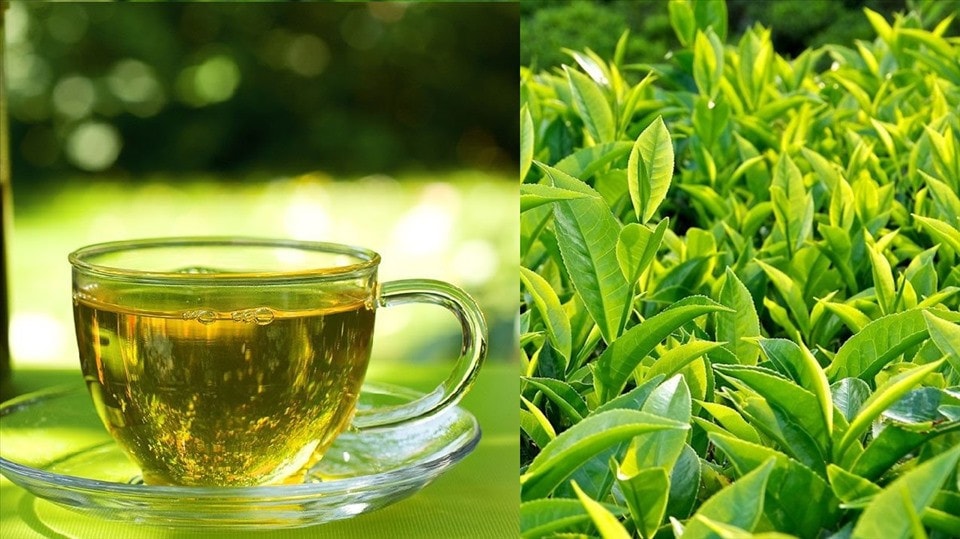 |
Tea contains a lot of caffeine. |
Tea has a thermogenic effect, so if you have a fever, you should not drink tea. Tea also reduces the effect of fever-reducing medicine.
For people who have trouble sleeping, especially children, should not use tea, especially in the evening because of its stimulating effect on the nervous system, making it more difficult to sleep.
People with a history of peptic ulcers should not drink tea because tea increases gastric secretions. Children should not drink tea because the mucus layer that protects the stomach is still fragile and susceptible to ulcers. Tea is also a cause of constipation in children, pregnant women, the elderly, or people with weak intestinal motility.
In young children, it is necessary to consider the beneficial effects of antioxidants with some adverse effects that are harmful to health. Young children have high nutritional needs, need protein, iron, zinc, calcium... but tea reduces the absorption of these substances.
Furthermore, the digestive system of children is not yet complete and is prone to digestive disorders when drinking caffeine; children also need deep sleep to develop. Therefore, using stimulants such as tea and coffee is not beneficial.
"Not to mention, tea for children is often served with milk and tapioca pearls, fruit syrups containing a lot of sugar, or a lot of sugar to cover up the astringent taste, so it can easily cause bacterial and toxic infections if not processed and preserved carefully, and can easily cause obesity due to too much empty energy, which is not beneficial for children," said Dr. Hau./.

